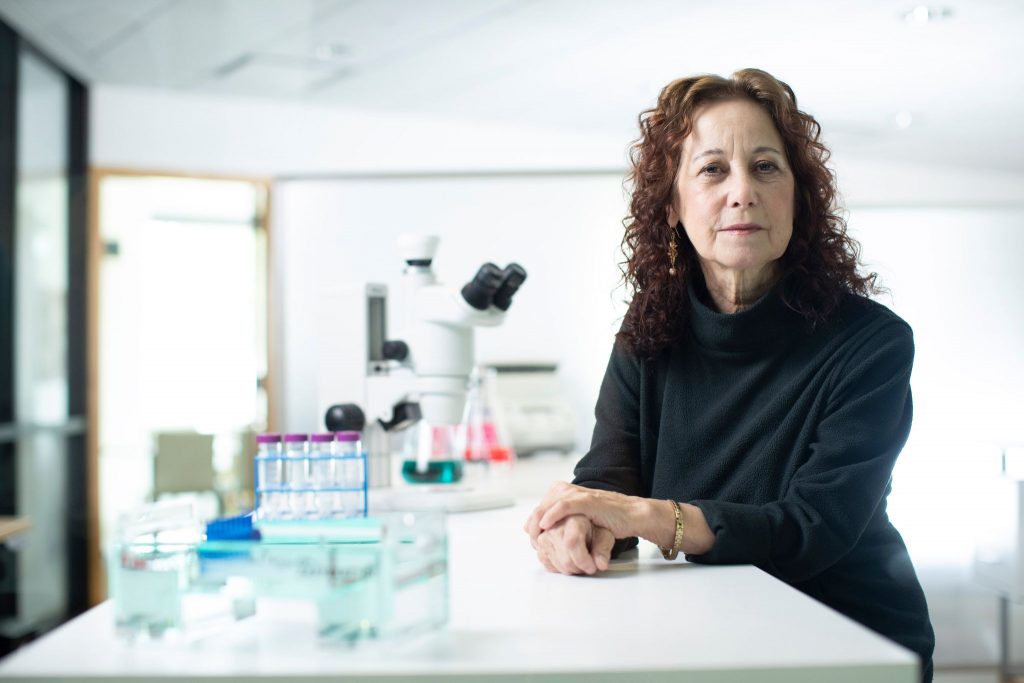
- This event has passed.
Judith Campisi (Buck Institute for Research on Aging; Lawrence Berkeley National Lab, California) Cancer and aging: Rival demons?
2 March 2021 | 18 h 00 min - 20 h 00 min

Judith Campisi is a professor of biogerontology at the Buck Institute in California. She is a member of the National Academy of Science and a fellow of the American Association for the Advancement of Science. She has won a solid reputation in this field for her studies of the relationship between aging, cell senescence and cancer. Her working hypothesis is that cell senescence is a major driver of aging and of age-related diseases, mainly, through inflammation. She is also a founder of Unity Biotechnology.
Abstract
Cancer is primarily a disease of aging, similar to many other age-related pathologies ranging from sarcopenia to neurodegeneration. In contrast to many age-related diseases, which are loss-of-function in nature, cancer can be considered a gain-of-function disease because cancer cells must acquire new properties, generally by somatic mutation, in order to develop into a lethal tumor. Given that potentially oncogenic mutations occur throughout life, why do most cancers take decades to develop? One answer is there are powerful tumor suppressive mechanisms, selected throughout evolution, that keep cancer at bay for approximately half the mammalian life span. One of these tumor suppressive mechanisms is a cell fate decision termed cellular senescence. Cells undergo senescence in response to many types of stress or damage, including potentially oncogenic mutations. Senescent cells arrest proliferation, essentially irreversibly, and develop a complex senescence-associated secretory phenotype (SASP) that includes many inflammatory cytokines and chemokines, growth factors, proteases and bioactive metabolites, including lipids. Senescent cells increase with age in most, if not all, mammalian tissues, and are present at higher numbers in many diseased, compared to age-matched non-diseased, tissues. There is now mounting evidence that senescent cells, and particularly their SASPs, are prime drivers of many age-related pathologies, including, ironically, late-life cancer. Further, many genotoxic and cytotoxic anti-cancer drugs induce senescence in both tumor and normal cells, suggesting that senescent cells might be responsible for the premature aging phenotypes that commonly develop in cancer patients treated with certain anti-cancer therapies. Mouse models, and a new class of drugs that selectively kill senescent cells, give hope that the balance between tumor suppression and aging can be tipped to reduce the incidence of age-related cancer and extend health span.
Please find the video below :

